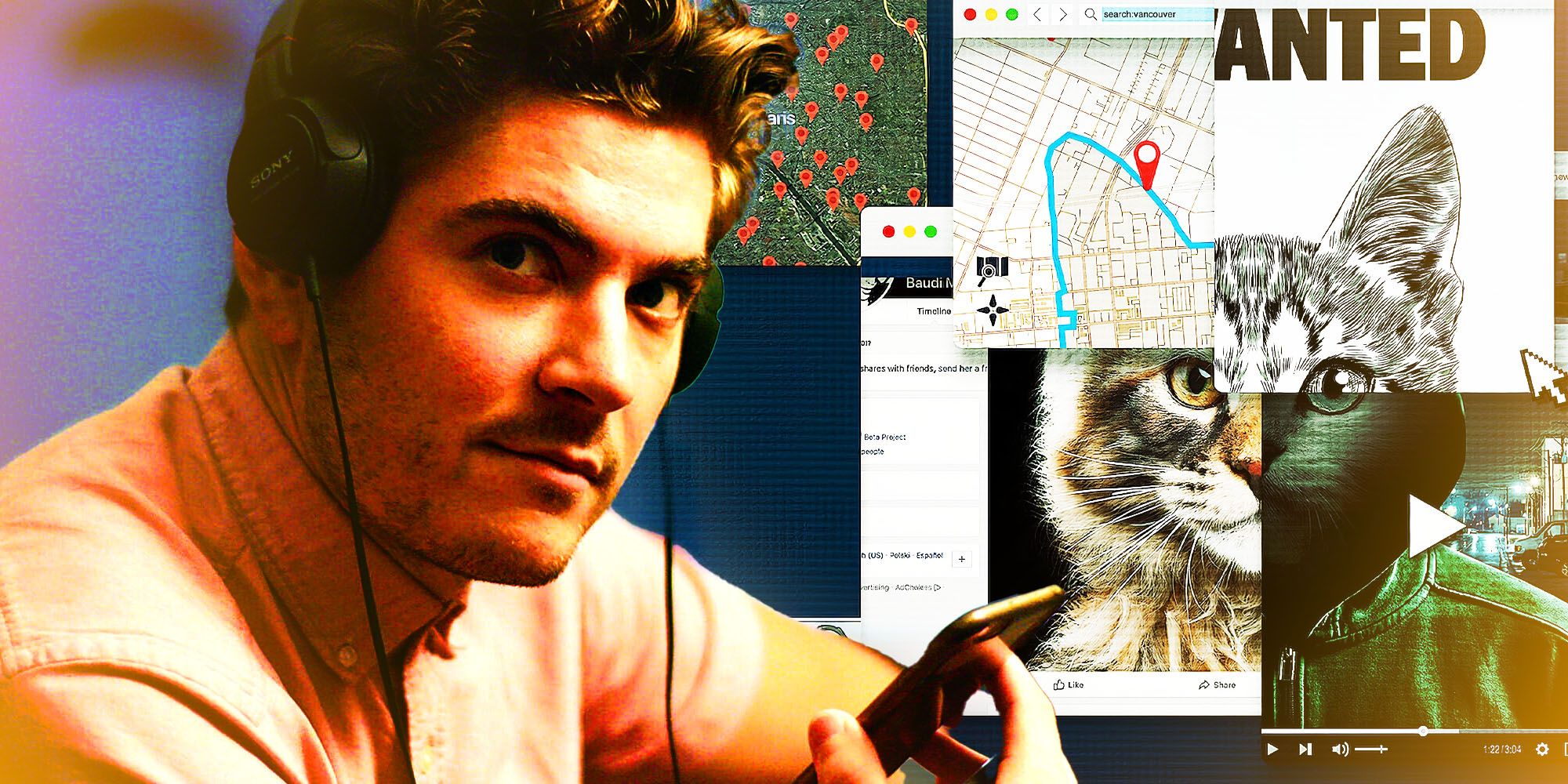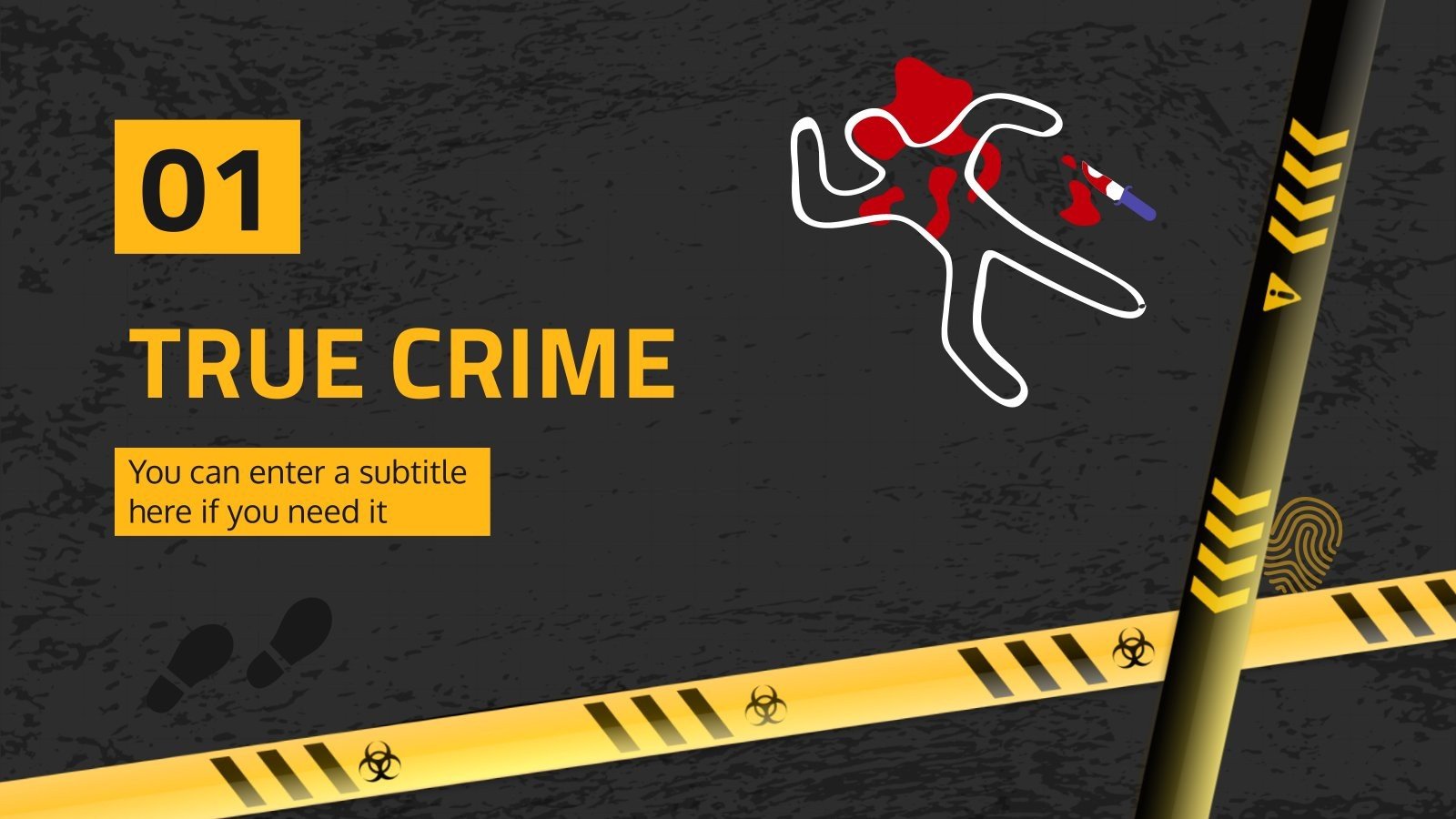True Crime Documentary - Exploring The Dark Side Of Human Stories
True crime documentary enthusiasts have grown rapidly in recent years, turning the genre into a cultural phenomenon. From gripping murder mysteries to shocking scandals, these films offer an intimate look into the complexities of criminal behavior. Audiences find themselves drawn to these stories because they provide a window into the darker side of human nature, often sparking debates about justice, morality, and the legal system.
While many people initially tuned in for the thrill of solving a mystery, the appeal of true crime documentaries goes much deeper. These films often explore real-life tragedies with a sensitivity that resonates emotionally with viewers. They also bring attention to overlooked cases, giving a voice to victims and their families who might otherwise remain unheard. As the genre continues to evolve, it’s clear that true crime documentaries are more than just entertainment—they’re a way to understand the world around us.
So, why do these films captivate audiences so thoroughly? It’s not just about the crime itself but the intricate layers of human emotion, psychology, and societal issues they uncover. Whether you're watching a chilling tale of a serial killer or an investigation into systemic injustice, true crime documentaries challenge us to confront uncomfortable truths about ourselves and society. Let’s explore some of the most compelling aspects of this genre and how it has shaped modern storytelling.
Table of Contents
- Why Are True Crime Documentaries So Popular?
- What Makes a Good True Crime Documentary?
- How Do True Crime Documentaries Impact Society?
- Can True Crime Documentaries Change Public Opinion?
- Who Are the Key Figures Behind True Crime Documentaries?
- What Are Some Must-Watch True Crime Documentaries?
- Are True Crime Documentaries Always Accurate?
- Where Do True Crime Documentaries Go From Here?
Why Are True Crime Documentaries So Popular?
It's almost impossible to ignore the surge in popularity of true crime documentaries over the past decade. Platforms like Netflix, Hulu, and HBO have flooded the market with gripping tales of murder, mystery, and mayhem. But what exactly draws people in? For some, it’s the adrenaline rush of piecing together clues and trying to solve the case before the credits roll. Others appreciate the psychological insights into criminal minds and the motivations behind their actions. In a way, true crime documentaries satisfy our natural curiosity about the unknown.
That said, the genre also taps into something darker—a fascination with human suffering and tragedy. People are naturally inclined to seek out explanations for why bad things happen. True crime documentaries provide that clarity while offering a sense of closure, even if the real-life stories don’t always wrap up neatly. Plus, the rise of social media has made it easier for viewers to engage with these narratives, sharing theories and discussing plot twists with others around the globe.
What Makes a Good True Crime Documentary?
Not all true crime documentaries are created equal. A great one typically balances suspense with substance, presenting facts in a way that keeps the audience hooked without sensationalizing the crimes. Interviews with experts, family members, and investigators add depth to the story, providing different perspectives on the events. Footage from crime scenes and archival material can also enhance the viewing experience, making it feel more authentic.
Yet, a good documentary doesn’t just rely on shock value. It delves into the emotional and psychological toll of the crime on those involved. Sometimes, it’s the small details—the tone of someone’s voice, the flicker of doubt in their eyes—that make the biggest impact. By focusing on these nuances, filmmakers can create a more compelling narrative that resonates long after the credits roll.
How Do True Crime Documentaries Impact Society?
True crime documentaries have a unique ability to influence public opinion and even spark changes in the justice system. For example, films like "The Innocence Files" and "Making a Murderer" have shed light on wrongful convictions and systemic flaws within the legal framework. They bring attention to cases that might otherwise be forgotten, prompting new investigations and sometimes even leading to exonerations.
In some respects, these documentaries also play a role in shaping cultural attitudes toward crime and punishment. They encourage viewers to question assumptions about guilt and innocence, challenging the notion that justice is always served. By presenting multiple viewpoints, they foster critical thinking and empathy, qualities that are essential in any functioning society.
Can True Crime Documentaries Change Public Opinion?
There’s no denying that true crime documentaries can sway public opinion. When presented with evidence and firsthand accounts, audiences often form strong opinions about the guilt or innocence of suspects. Take the case of Amanda Knox, whose story was featured in both a documentary and a scripted drama. Both versions sparked intense debates about her guilt, with many viewers claiming they had uncovered new insights into the case.
Of course, the power of these films lies not just in their ability to entertain but in their capacity to educate. By presenting complex cases in an accessible format, they allow ordinary people to engage with issues they might not otherwise encounter. This increased awareness can lead to greater accountability and reform within the justice system, as well as increased support for victims and their families.
Who Are the Key Figures Behind True Crime Documentaries?
Beyond the crimes themselves, the people behind the camera play a crucial role in shaping the narrative. Directors, producers, and investigative journalists often spend years researching and piecing together the stories that eventually make it to screen. Their dedication ensures that the films are as accurate and engaging as possible, while their creative choices determine how the story unfolds.
For instance, Ken Burns and Werner Herzog are two names synonymous with high-quality documentary filmmaking. Both have tackled true crime subjects, bringing their own unique styles to the genre. While Burns tends to focus on historical context and social implications, Herzog often explores the psychological aspects of crime, delving into the minds of those involved. These distinct approaches highlight the diversity within the genre and the endless possibilities for storytelling.
What Are Some Must-Watch True Crime Documentaries?
With so many options available, narrowing down a list of must-watch true crime documentaries can be challenging. However, there are a few standout titles that every fan of the genre should check out. "The Staircase," for example, offers a fascinating look at the trial of Michael Peterson, accused of murdering his wife. Similarly, "Wild Wild Country" explores the bizarre and controversial story of a cult in Oregon, blending elements of crime and spirituality.
Other notable mentions include "Don’t F**k With Cats," which chronicles the collaborative efforts of internet users to track down a cat torturer, and "Mommy Dead and Dearest," which examines the chilling tale of Dee Dee Blanchard and her daughter Gypsy. Each of these films brings something unique to the table, showcasing the versatility and depth of the true crime genre.
Are True Crime Documentaries Always Accurate?
One of the biggest criticisms of true crime documentaries is that they aren’t always entirely accurate. Filmmakers often face limitations in terms of access to information, reliance on biased sources, and the need to create a compelling narrative. While most strive for authenticity, the nature of the genre sometimes leads to oversimplification or exaggeration of certain details.
Still, it’s important to remember that these films are first and foremost works of entertainment. They aim to capture the essence of a story rather than provide a definitive account of the facts. That doesn’t mean they lack value—on the contrary, they often inspire further investigation and discussion. Viewers just need to approach them with a critical eye, recognizing that there’s always more to the story than what’s shown on screen.
Where Do True Crime Documentaries Go From Here?
As the genre continues to grow, it’s likely we’ll see even more innovative approaches to storytelling. Advances in technology and increased access to information mean filmmakers have more tools at their disposal than ever before. This could lead to more interactive experiences, where viewers can explore cases in greater detail and draw their own conclusions.
Moreover, the focus on marginalized voices and underrepresented communities is likely to expand, ensuring that true crime documentaries remain relevant and impactful. By amplifying stories that might otherwise go untold, the genre can continue to challenge societal norms and promote positive change. Ultimately, the future of true crime documentaries looks bright, promising even more gripping tales for audiences to enjoy.
Final Thoughts
True crime documentaries have become a staple of modern entertainment, offering a window into the darker corners of human experience. From their ability to captivate audiences to their potential to effect real-world change, these films serve as a powerful reminder of the complexity and depth of the stories we tell. As the genre evolves, it’s clear that true crime documentaries will continue to shape the way we think about crime, justice, and the human condition.



Detail Author:
- Name : Mr. Rodger Senger
- Username : rowan95
- Email : nschoen@hotmail.com
- Birthdate : 2001-11-22
- Address : 89971 Aaliyah Drives Apt. 652 Ulisesmouth, TN 96323-6445
- Phone : 804.270.9087
- Company : Daugherty Ltd
- Job : Command Control Center Specialist
- Bio : Et id voluptatem sed inventore non iure est. Sed et voluptates doloribus omnis explicabo illo nisi ducimus. Facilis consequatur cumque veritatis consequatur eaque nesciunt in.
Socials
tiktok:
- url : https://tiktok.com/@lilianaschuppe
- username : lilianaschuppe
- bio : Cum rem doloremque vel ad. Nostrum autem eum fugit minima quia sequi ut.
- followers : 5727
- following : 1714
twitter:
- url : https://twitter.com/lilianaschuppe
- username : lilianaschuppe
- bio : Ex harum ratione id qui. Provident voluptatum ab fuga dicta unde. Id quasi ipsa et.
- followers : 457
- following : 2227
linkedin:
- url : https://linkedin.com/in/liliana_schuppe
- username : liliana_schuppe
- bio : Quis facere aut quia eum.
- followers : 5336
- following : 1935